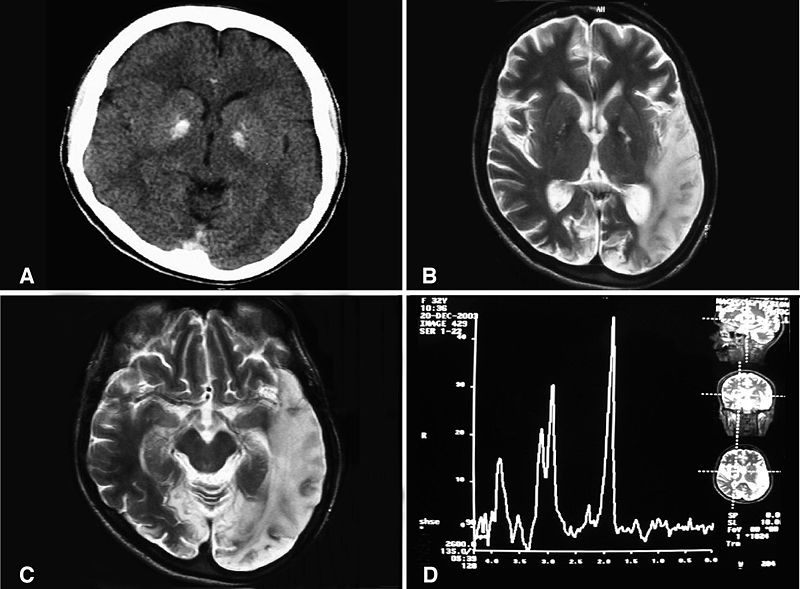
Source: Wikipedia
Brain injuries often have life-changing effects upon an individual and everyone in their life. An injured person is likely to need a wide range of support, from initial emergency medical treatment, to longer term decisions about care and finances.
In some sad circumstances, the injured person might become unable to understand or communicate their wishes, compelling their friends and family stepping in as carers or to make important decisions on their behalf. This role is often challenging and emotionally-wearing, particularly where there are legal issues such as negligence compensation claims to deal with.
How can you support someone with a brain injury?
Making decisions for someone who lacks capacity
The consequences of brain injury can be extensive and, in some situations, can inhibit a person’s ability to make their own decisions about their welfare or manage their own finances.
Directly after a brain injury, a person might be in a coma and cannot communicate their wishes regarding medical treatment. Once a person starts to recover, they might have issues with their cognitive capability or emotional impulses and behaviours which impede their ability to make their own decisions or understand their consequences.
Urgent medical treatment
When a person first suffers a brain injury, they likely require emergency medical treatment which they may be unable to consent to because they are unconscious or otherwise incapacitated. In these situations, unless the injured person has left a Living Will outlining their wishes, medical professionals become primarily responsible for making decisions about their treatment.
In order to do this, medical professionals will usually consult with the injured person’s family members about their wishes, values, and beliefs to guide their decisions.
Court of Protection deputyships
Under the Mental Capacity Act 2005, the Court of Protection can appoint deputies for people who lack mental capacity and cannot make their own decisions.
There are two types of Court of Protection deputy, and a person can either apply to become one type or both types:
- Financial affairs and property – makes decisions regarding a person’s finances, such as managing their bank accounts and paying bills.
- Health and personal welfare – makes decisions regarding a person’s personal care, daily routine, and healthcare.
A deputy’s main responsibility is to make decisions which are in the best interests of the injured person. Considerations a deputy should make when making decisions for a loved one include:
- The injured person’s past beliefs, wishes, and values
- The values and beliefs the injured person would hold if they had capacity
- The views of other family members and friends of the injured person
Claiming compensation
If a person has a brain injury and someone else is at fault, for example due to medical negligence, they may be able to claim compensation for things such as pain and suffering, any loss of earnings, future earning capacity, and future care requirements.
By law, a person who lacks capacity under the Mental Capacity Act 2005 – referred to as a “protected party” – cannot conduct their own claim for compensation. In these situations, the injured person will need support from a ‘litigation friend’ to manage the claim on their behalf.
Anyone can be a litigation friend for a protected party so long as they are deemed suitable by the court. Litigation friends are commonly family members, close friends, or solicitors of the injured person.
Claiming benefits
If a person who lacks mental capacity or is severely disabled after a brain injury receives benefits or a state pension, their friends and family can apply to court to become an Appointee to support their loved one by:
- Signing benefit claim forms
- Notifying the benefit office of changes which affect the amount of benefits the injured person receives
- Receiving the benefit payments directly
- Spending the benefits in the best interests of the injured person
Get the help you need to support someone with a brain injury
An experienced lawyer specialising in head and brain injuries can provide the compassionate advice and guidance you need to support someone with a brain injury.
Whether you need to apply to the Court of Protection for a deputyship or you are claiming compensation, it is crucial that you obtain the advice and representation of a skilled solicitor to secure the best outcome possible for your loved one.


